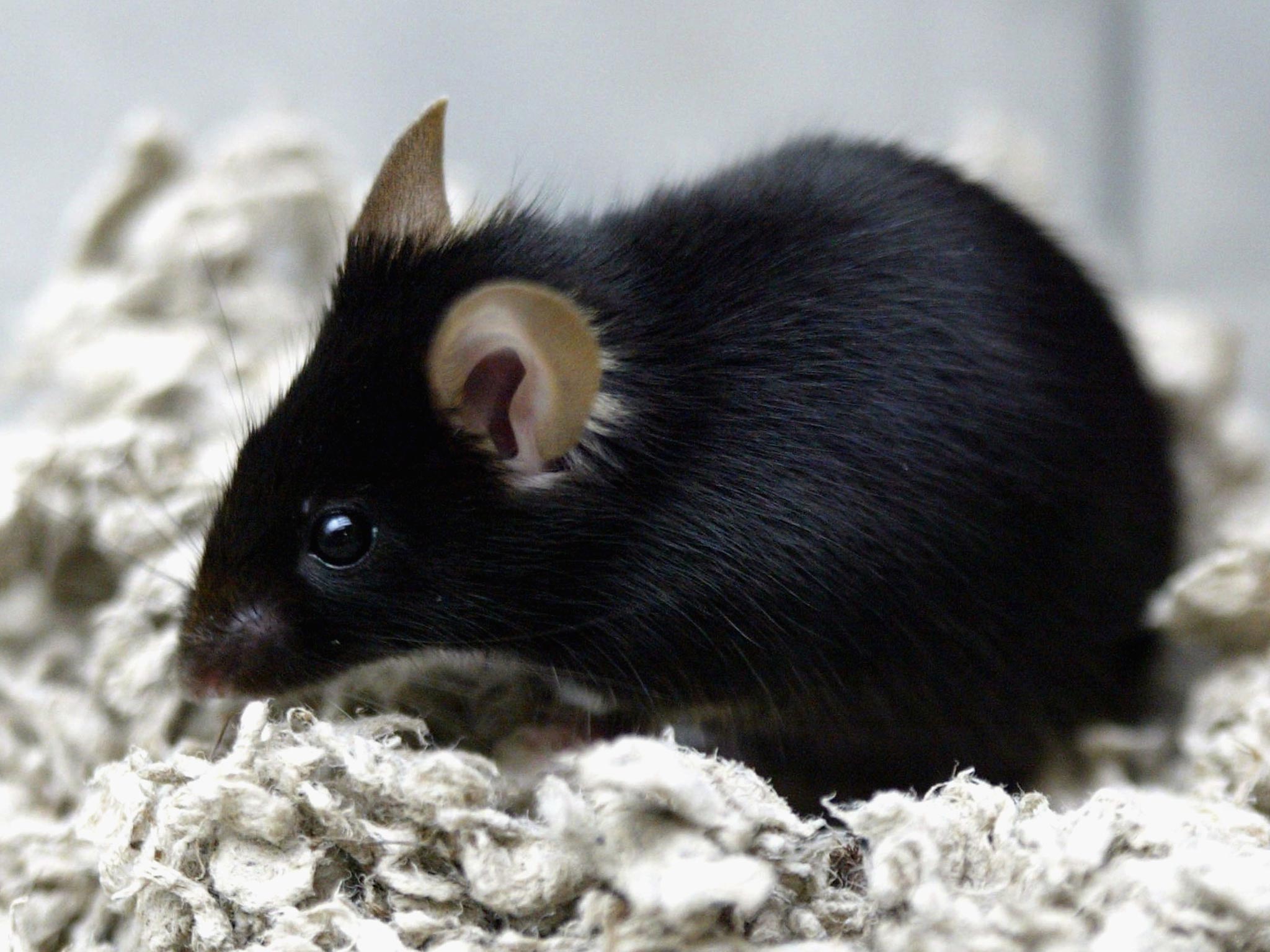Mice crippled with MS are made to walk again with breakthrough cure
Scientists astonished by spectacular results

Treatment with human stem cells has allowed mice crippled by a version of multiple sclerosis (MS) to walk again after less than two weeks – suggesting a possible new direction for human therapies.
Scientists admit to being astonished by the result and believe it opens up a new avenue of research in the quest for solutions to MS.
Professor Tom Lane, from the University of Utah, who led the US team, recalled: “My postdoctoral fellow Dr Lu Chen came to me and said, ‘The mice are walking.’ I didn’t believe her.”
The genetically engineered mice had a condition that mimics the symptoms of human MS.
They were so disabled they could not stand long enough to eat and drink on their own and had to be hand-fed.
The scientists transplanted human neural stem cells into the animals, expecting them to be rejected and provide no benefit. Instead the experiment yielded spectacular results.
Within 10 to 14 days, the mice had regained motor skills and were able to walk again. Six months later, they showed no sign of relapsing.
The findings, published in the journal Stem Cell Reports, suggest the mice experienced at least a partial reversal of their symptoms.
A similar outcome in humans could help patients in potentially disabling stages of the disease for which there are no treatments.
“This result opens up a whole new area of research for us to figure out why it worked,” said Dr Jeanne Loring, a co-author of the paper and director of the centre for regenerative medicine at The Scripps Research Institute in La Jolla, California. “We’ve long forgotten our original plan.”
MS is an auto-immune condition caused by the body’s own defences attacking myelin, the fatty insulation surrounding nerve fibres.
As myelin is stripped away, nerve impulses can no longer be transmitted properly, leading to symptoms ranging from mild tingling to full-blown paralysis.
Drugs that dampen the immune system can slow early forms of the disease, but little can be done for patients in the later stages.
Members of the research team believe their success may be linked to the way the stem cells were grown in an unusually uncrowded lab dish.
This led to stem cells that were highly potent, with an enhanced ability to mature and develop.
Chemical signals from the stem cells instructed each mouse’s own cells to repair the damage caused by MS, the scientists said.
One signal was identified as a protein called TGF-beta, raising the prospect of delivering a similar therapy in the form of a drug.
“Rather than having to engraft stem cells into a patient, which can be challenging from a medical standpoint, we might be able to develop a drug that can be used to deliver the therapy much more easily,” said Professor Lane.
Dr Sorrel Bickley of the MS Society said: “This is an interesting, early-stage study that’s given scientists new ideas for future research into potential MS therapies. It’s not currently being planned for testing in people, but it’s a useful avenue for scientists to explore – we look forward to seeing how this area of research develops.”
PA
Join our commenting forum
Join thought-provoking conversations, follow other Independent readers and see their replies
0Comments